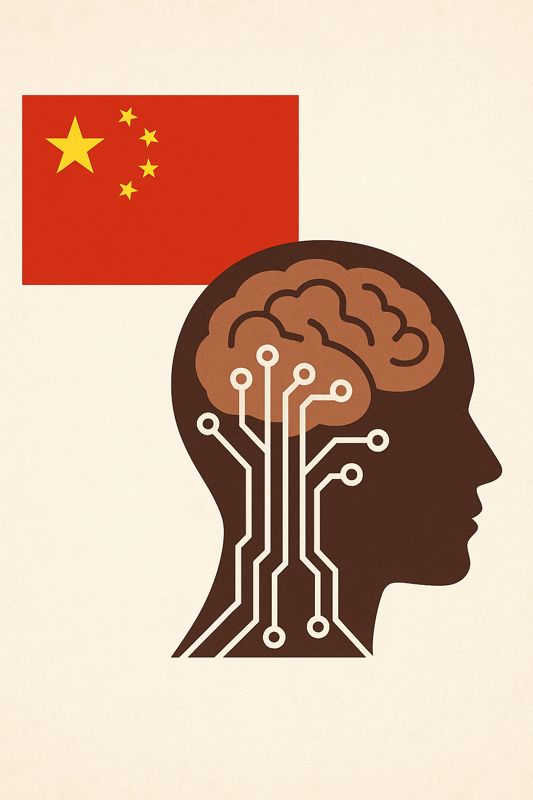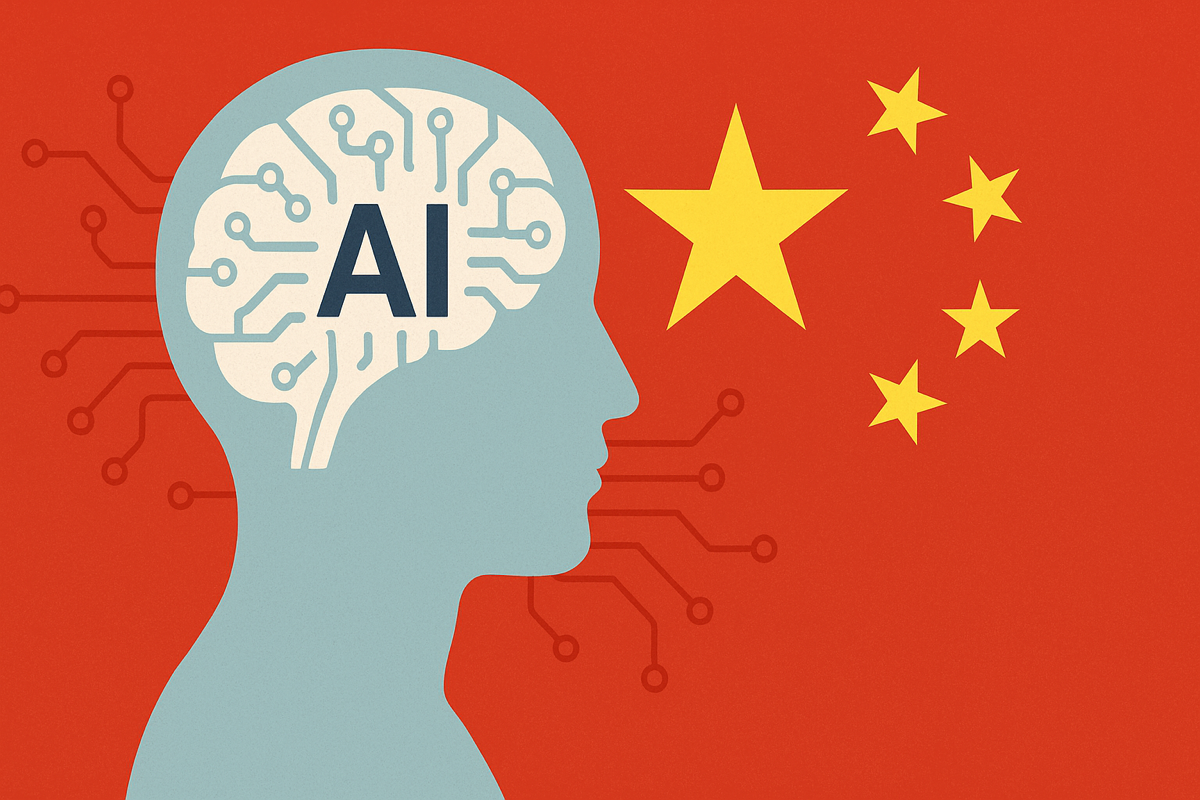China, the world’s second-largest economy, asserts a surprising proposal for global artificial intelligence (AI) governance. Premier Li Qiang presents a vision for international cooperation to regulate AI at the World AI Conference (WAIC) in Shanghai. The proposal contrasts with the United States’ unilateral AI action plan. In contrast, China calls for a unified, inclusive framework despite geopolitical and technological tensions.
What’s Happening & Why This Matters
Premier Li identifies fragmented AI governance worldwide and points out widespread differences in regulatory concepts and institutional rules. He calls for stronger coordination among countries to establish a broad consensus on global AI governance. This proposal arrives just days after the U.S. unveiled its 28-page AI plan. The plan focuses on cutting bureaucratic barriers to promote American AI leadership.
Li’s speech indirectly addresses trade tensions between China and the U.S., especially over semiconductor exports critical for AI development. He warns that technological monopolies restrict AI to a handful of countries and enterprises, stifling global progress. China’s frustrations echo over U.S. export controls, which have slowed access to advanced AI chips.

China’s AI industry is booming! There are over 5,000 AI companies in a sector valued at 600 billion yuan ($84 billion, April 2025). Government and private investments fuel this growth. For instance, state venture capital poured an estimated $209 billion into AI startups between 2013 and 2023. Public sector spending on AI in 2025 alone may top 400 billion yuan ($56 billion).
Despite lagging behind the U.S. in private AI investments — $9.3 billion compared to America’s $109.1 billion in 2024 — China leads in generative AI patents. Since 2017, it has published more patents than all other countries combined, underscoring its technical prowess.
Startups like DeepSeek and Moonshot showcase China’s AI innovation by developing models that rival Meta and Google’s offerings at a fraction of the cost. Morgan Stanley predicts China’s AI market will break even soon. They forecast a 52% return on investment by 2030.
At WAIC, leaders like ASEAN Secretary-General Dr. Kao Kim Hourn stress “robust governance” to tackle AI risks. These risks include misinformation, deepfakes, and cybersecurity threats. He notes AI could boost ASEAN’s GDP by 10-18%, highlighting AI’s economic potential.
Former Google CEO Eric Schmidt urges U.S.-China collaboration, calling their partnership essential. Collaboration is important for sustaining peace and human control over AI. Other notable speakers include AI pioneer Geoffrey Hinton and French AI envoy Anne Bouverot.
The WAIC event itself draws more than 800 companies and showcases innovations like Tencent’s AI models, Alibaba’s AI-powered smart glasses, and dancing robot dogs by China Mobile. The conference showcases China’s AI ambitions to lead in research, development, and governance.
TF Summary: What’s Next
China’s push for a global AI governance framework contrasts with the U.S.’s competitive approach. The open call for coordination can create shared rules that manage innovation, safety, and inclusivity.
As AI blossoms, international cooperation becomes vital to prevent AI monopolies and address emerging risks. The WAIC and similar forums offer key platforms for dialogue. The dialogues mould AI as a global tool for economic growth and social good.
— Text-to-Speech (TTS) provided by gspeech


